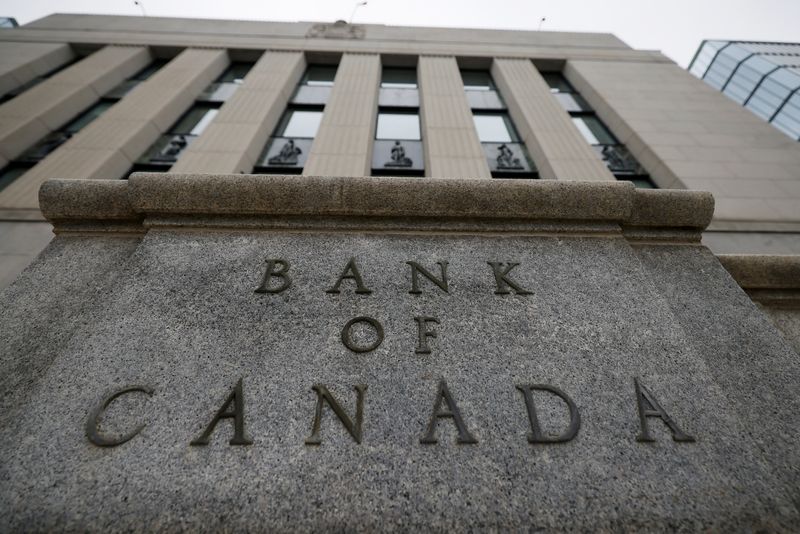Bank of Canada warns against over-regulation of financial sector
NeutralFinancial Markets

The Bank of Canada has issued a warning about the potential dangers of over-regulating the financial sector. This caution comes as regulators consider new measures to tighten oversight in response to recent economic challenges. The Bank emphasizes that while regulation is necessary to ensure stability, excessive rules could stifle innovation and growth in the industry. This discussion is crucial as it balances the need for security with the importance of a dynamic financial environment.
— Curated by the World Pulse Now AI Editorial System









